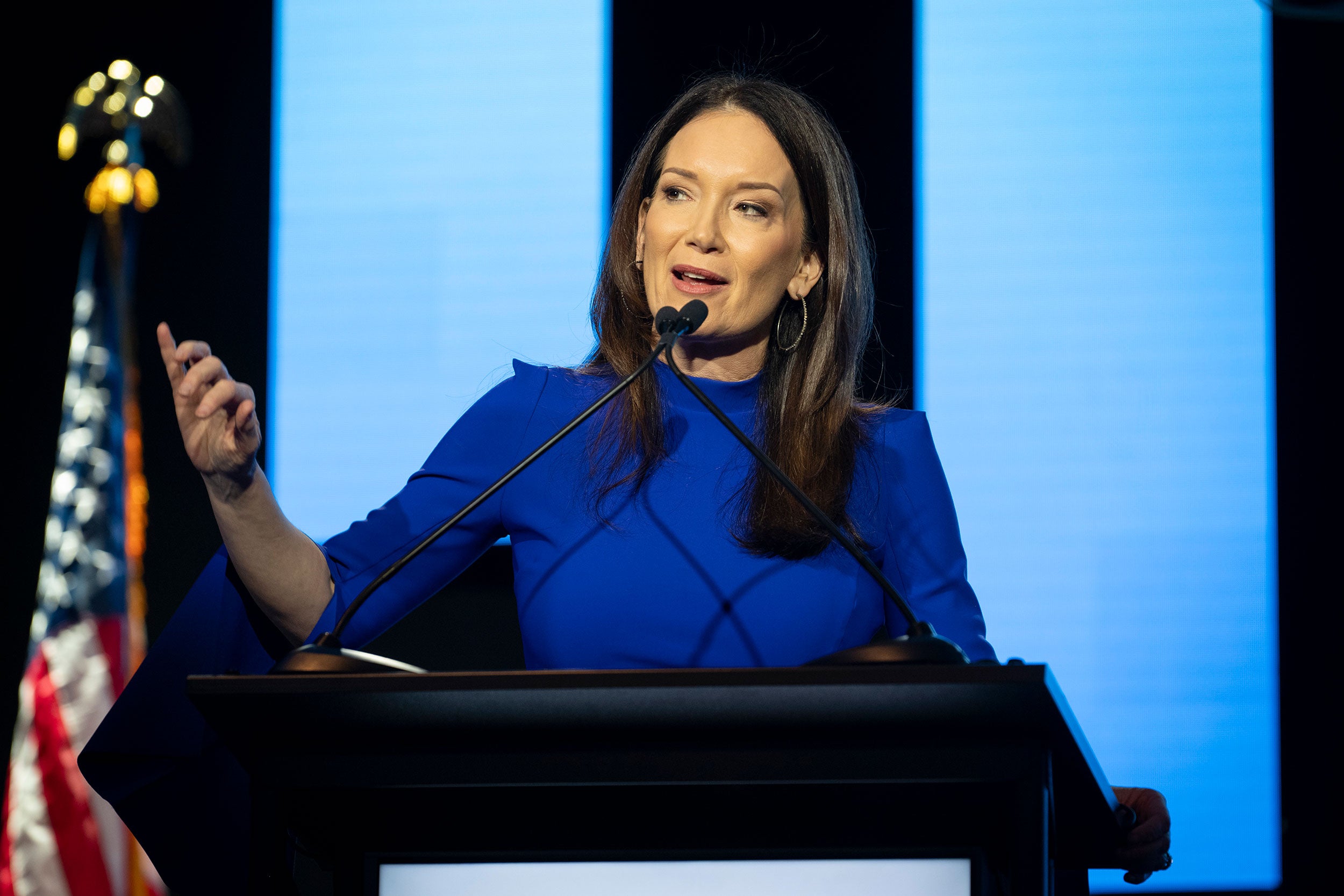The U.S. Department of Agriculture recently announced a significant shift in its Rural Development programs, marking a departure from previous practices.
In a move that is generating considerable attention, the USDA has decided to remove Diversity, Equity, Inclusion, and Accessibility (DEIA) factors from its grant application and evaluation process. This change will directly impact key rural funding programs, such as the Distance Learning & Telemedicine Grant and the Community Connect Grants, which provide crucial support to underserved rural communities across the country.
This major policy change was outlined by USDA Secretary Brooke Rollins, signaling a fundamental pivot away from the DEIA scoring criteria that had long been central to Rural Development grant programs.
An advocate for optimizing USDA operations to better serve farmers, ranchers, and rural communities, Rollins explained that the purpose of this shift is to focus on the practical needs of rural America.
“This course correction puts those investments back to work to support President Trump’s vision for energy independence and sets rural America on a path to lasting prosperity,” she said.

The USDA clarified that grant applicants who had already submitted proposals under the previous system need not reapply. Instead, their applications will be processed under the new guidelines, which focus more directly on the merit of the projects rather than on the diversity-related components.
While the USDA’s decision to remove DEIA scoring from rural grant programs is rooted in the desire to improve efficiency and focus funding on tangible benefits, it has sparked contrasting reactions from various stakeholders. For some, the shift is seen as an opportunity to refocus resources on practical, community-building projects that will help rural America thrive. However, others have expressed concern that the removal of DEIA considerations signals a shift away from inclusivity and diverse representation in the rural programs that aim to support underserved populations.
The impact of these changes is already being felt in rural communities, where several nonprofits and local organizations have seen grants and contracts canceled. One of the most notable examples is the Mancos Conservation District in Colorado, which had its $630,000 grant for the Equity in Conservation Outreach Program canceled. This grant was intended to support small farmers, tribal communities, and local outreach efforts in the region.
“I’m sad about not being able to support this outreach, but I’m most pissed about the fact that I spent hours today going over staff positions that we thought were secure for a few years and starting to make a plan for who will be let go,” Michael Nolan, president of the Mancos Conservation District, shared in a Facebook post. His frustration highlights the ripple effects that the USDA’s decision is having on local communities that rely on federal funding to maintain essential services and programs.
The Ivanhoe Neighborhood Council in Kansas City also faced a setback when its $165,000 Farmers Market Promotion Program grant was canceled. Director Alana Henry explained that, despite the cancellation, the community is working hard to keep their farmers market going and continue supporting local growers.
“We are trying not to cancel farmer training,” Henry said, “but we are uncertain about how the project will continue without the funding.”
These cancellations raise important questions about the long-term effects of the USDA’s policy change on rural communities. For many of these organizations, the funding that once supported their programs is now at risk, leaving them scrambling to find alternative funding sources or reimagine their initiatives without the federal support they were depending on.
In addition to the changes in rural grant programs, Rollins announced other significant shifts in USDA operations. The department has already terminated 78 contracts totaling more than $132 million and is currently reviewing over 1,000 additional contracts to identify and eliminate those that are deemed unnecessary or wasteful. Rollins emphasized that these reforms are intended to increase transparency and ensure taxpayer money is being spent efficiently, ultimately benefiting American farmers and rural communities.
“I welcome the Department of Government Efficiency’s efforts at USDA because we know that its work makes us better, stronger, faster, and more efficient,” Rollins said. The USDA’s ongoing review includes a comprehensive look at employee training, leading to the cancellation of nearly 1,000 DEIA-focused programs. This initiative is part of the department’s broader effort to streamline its operations and reduce bureaucratic obstacles that have slowed progress and increased costs.
As agriculturalists and community leaders, we must ask ourselves: What kind of future do we want for rural America? A future where only some communities thrive while others are left behind? Or one where every farmer, rancher, and small business owner — regardless of background — has the opportunity to succeed?
The USDA’s shift away from DEIA considerations in funding programs puts underserved rural communities at risk, undermining efforts to create an inclusive and equitable agricultural landscape. Will we stand by and let this narrow vision dictate the future, or will we rise up and demand a rural economy that values diversity, fairness, and opportunity for all? Now more than ever, it’s crucial that we advocate for policies that support every community, ensuring that every voice is heard and every farming community in the U.S. is given the tools to succeed.
The time to act is now … let’s not wait until it’s too late.
Bre Holbert is a past National FFA President and studied agriculture science and education at California State-Chico. “Two ears to listen is better than one mouth to speak. Two ears allow us to affirm more people, rather than letting our mouth loose to damage people’s story by speaking on behalf of others.”


